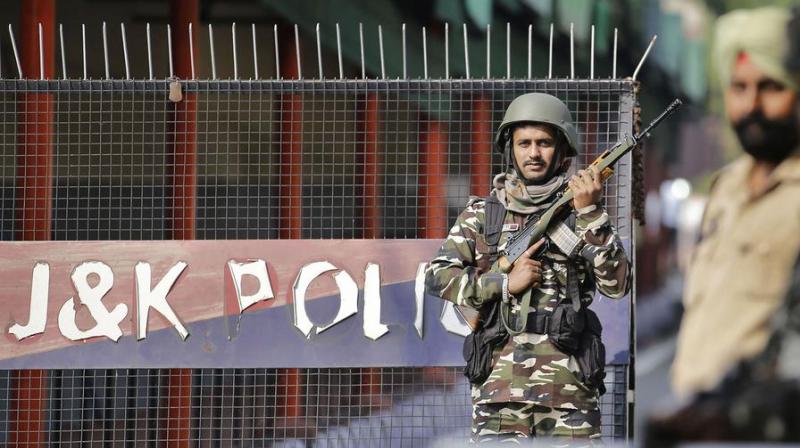DC Edit | J&K must sort knotty issue of who can vote
The UT now has 76 lakh voters on the rolls though the 18-plus population numbers around 98 lakhs

The special summary revision of the electoral rolls in the Union territory of Jammu and Kashmir being undertaken for the first time since 2019 has kicked up a controversy. There was a huge eruption of anger from the people of the state after the chief electoral officer said around 25 lakh additional voters, including outsiders, would make it to the new list. The government later explained that the voters’ list could see “massive changes” given the fact that a large number of youngsters have attained the age of 18 or more over the past three years. The UT now has 76 lakh voters on the rolls though the 18-plus population numbers around 98 lakhs, according to the officer, Hirdesh Kumar.
The hard fact is that the abrogation of Article 370 of the Constitution has stripped Jammu and Kashmir of its special powers and privileges, and all laws, including the Representation of the People Act, 1951, are applicable in the new Union territory. This means that any “ordinary resident” can now register as a voter, a right earlier reserved only for the people of the state. According to Mr Kumar, an employee, a student, a labourer or anyone from outside who is living “ordinarily” in the UT can enlist themselves as electors.
The major political parties and alliances in the UT, excepting the BJP, have objected to this exercise, fearing that the additional numbers are meant to favour non-locals and that it is a deliberate attempt by the BJP-led Union government to change the political history of the state. The Gupkar Alliance parties which met in Srinagar on Monday made their apprehensions clearer. The fallout of granting voting rights to non-J&K residents will be that the next Assembly would be in the hands of outsiders, National Conference president Farooq Abdullah said. Saying “we do not accept this”, he indicated that they might move court.
The apprehensions raised by the local political parties are understandable as New Delhi has done little to win their confidence. They hold the very act of hollowing out Article 370 as having gone against its clauses and appeals on the legality of the Union government’s move are still pending in the Supreme Court. The delimitation of the state’s Assembly constituencies was another process which forced the people to cry foul. The definition of a person “ordinarily” residing in the UT also needs to be explained. The state government has sought to play down the import of the chief electoral officer’s statement and explained that the revision exercise will cover existing residents of the UT. But that explanation should come from the Election Commission, and not the government. However, the political parties would do well to wait and see what the final numbers will be and who gets to constitute the electorate before launching mass protests.
Jammu and Kashmir topped the Sangh Parivar agenda even when it was far away from power at the Centre; and it is natural that the government it runs seeks to implement it. But the government must realise that it pays to take the restive population of the troubled state into confidence and explain to it what its true aims are instead of using the instruments of the state to impose its writ. Doubtful intentions and unilateral action have always proved to be a deadly combination.

